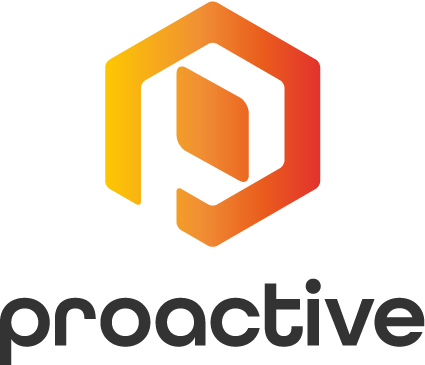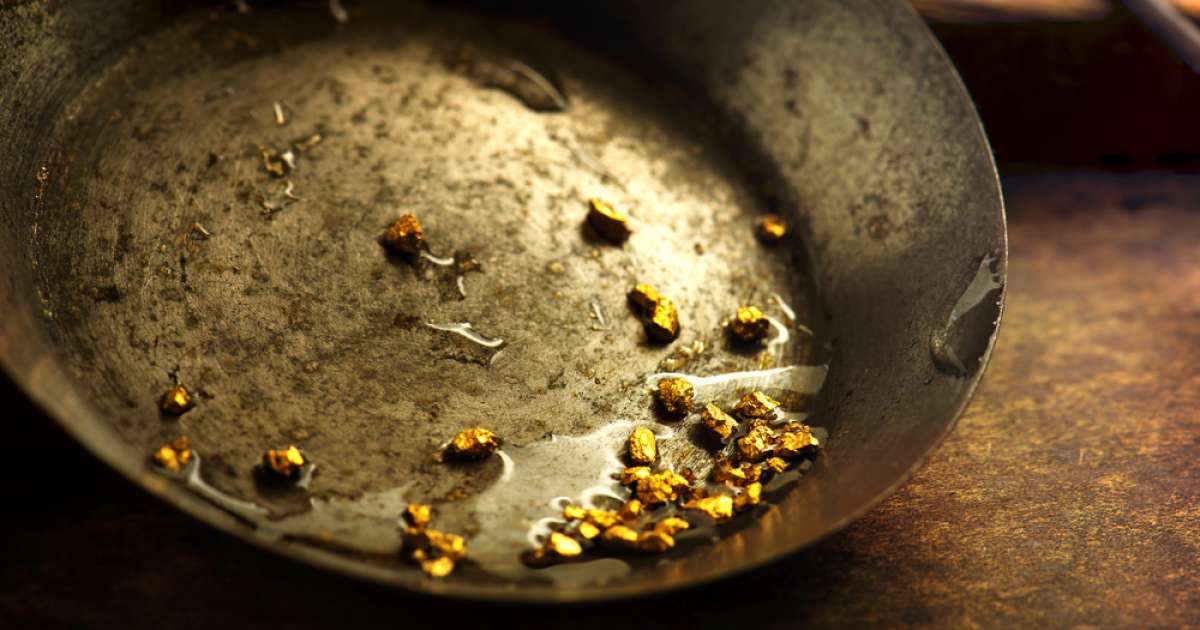Lake Resources firms up clean lithium credentials with 99.97% lithium carbonate produced


Lake Resources N.L. (ASX:LKE) (OTCMKTS:LLKKF) continues to enhance its clean lithium credentials with tests establishing that very high purity 99.97% battery-quality lithium carbonate with low impurities can be produced from Kachi project brines.
Hazen Research Inc produced the results using lithium chloride produced by Lake’s technology partner Lilac Solutions using its’ proprietary ion-exchange direct lithium extraction method (DLE) at pilot plant module scale.
Lithium chloride samples from Lilac’s pilot plant in California were further processed into lithium carbonate by Hazen in Colorado, USA.
“Excellent results”[hhmc]
As well as the high purity, the lithium carbonate has very low impurities and Lake expects that this product will be attractive for the lithium-ion battery market in which low impurities are a key factor in determining quality.
Lake’s managing director Steve Promnitz said: "These are excellent results. We are very pleased not only with the very high purity lithium carbonate grades, but also with the very low impurities.
"This is a function of the purity of the raw brine at our Kachi project, combined with the excellent work done by Lilac Solutions over the past two years, and by Hazen Research.”
Confident of replicating at full production[hhmc]
The company is also confident of replicating these results at full production.
Lake’s ambition is to sustainably produce the cleanest quality lithium carbonate at scale for use in the fast-growing battery market.
Investors have responded positively to the results with shares as much as 23% higher to 8.2 cents intra-day.
Lake well-placed[hhmc]
Promnitz added: “Lake has a clean process, based on standard chemical processing techniques, which is readily scalable. The environmental footprint is small.
"Based on the results reported today, we believe Lake is well placed to deliver among the highest quality, sustainable, clean lithium carbonate products to the EV and energy storage market.”
Test methods[hhmc]
Hazen conducted a series of tests aimed at optimising lithium carbonate quality while maintaining a simple flowsheet.
Conventional treatment methods, including evaporation, treatment with sodium hydroxide and soda ash, ion exchange, and precipitation, were used.
This process optimisation was a critical step prior to production of larger volumes of high purity lithium carbonate samples.
The Hazen tests establish that very high purity 99.97% lithium carbonate with low impurities can be produced from Kachi brines.
To ensure accuracy, a number of analytical techniques were employed to verify the lithium carbonate grade and the low impurities levels including inductively coupled plasma spectrometry and titration, both of which are accepted assaying techniques.
Low impurities[hhmc]
Samples produced show a 70% reduction in the overall level of impurities compared to Lake’s earlier lithium carbonate production and a 94% reduction in impurities compared with 99.5% lithium carbonate, which is widely accepted as ‘battery grade’ in the current market.
These results include very low metal and cation impuritieRead More – Source
[contf]
[contfnew]

Proactiveinvestors
[contfnewc]
[contfnewc]




